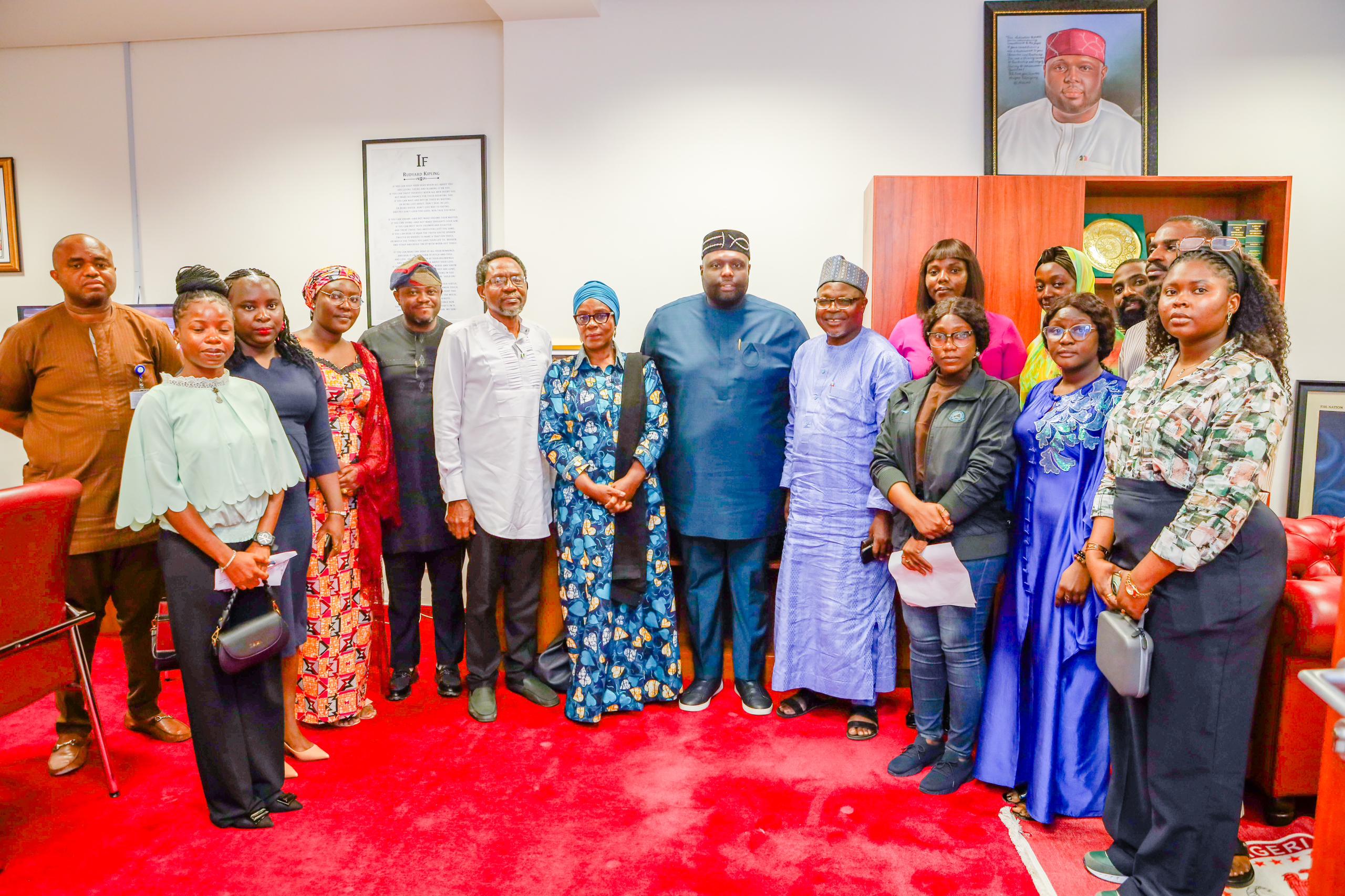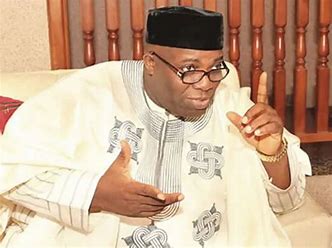
By James
Kindly share:
Sen. Asuquo Ekpenyong, representing Cross River South Senatorial District, has reiterated his commitment to advance the Suicide Prevention Bill currently before the Senate.
Ekpenyong, who made this known when he received members of the Suicide Prevention Advocacy Working Group over the weekend in Abuja, underscored the urgent need for action to address Nigeria’s alarming suicide rate.
The bill, which passed its first reading in February, seeks to decriminalise attempted suicide and establish a comprehensive framework for suicide prevention and mental health support nationwide.
If passed, the Suicide Prevention Bill would bring a historic shift in Nigeria’s approach to mental health and public health, ensuring that those at risk receive adequate care, dignity, and support rather than stigma, condemnation and punishment.
The coalition, which comprised psychiatrists, mental health practitioners, legal experts, civil society organisations, and advocates, visited the Senator to commend his sponsorship of the bill and brief him on their upcoming activities ahead of the World Suicide Prevention Day on September 10.
“Depression, anxiety, and other mental health conditions affect millions of Nigerians, yet they are poorly understood and rarely prioritised.
Suicide prevention is an issue that requires government attention, sustained education, and sensitisation,” Ekpenyong said.
He assured the group that he would champion the bill during its second reading and pledged to work with his colleagues to ensure a robust debate supported by strong data and evidence.
Prof. Taiwo Sheikh, convener of the coalition, said that the existing law criminalising attempted suicide is a significant barrier to help-seeking.
Sheikh, also the Continental Representative for LifeLine International, and former President of the Association of Psychiatrists in Nigeria (APN), emphasised the need for decriminalisation of attempted suicide in order to give hope and succour to the hopeless.
“By criminalizing attempted suicide; it means stigmatizing people who are already vulnerable. According to World Health Organisation (WHO), Nigeria records about 16,000 suicide deaths annually, and that is a conservative figure because many cases go unreported.
“Unfortunatey, most of the victims are young people, between ages 15 and 29. This is a crisis that needs urgent attention,” Sheikh said.
He added that the proposed legislation seeks not only to repeal punitive laws but also to provide for service delivery, funding, training, helplines, and data systems to strengthen prevention and response mechanisms across the country.
Other members of the coalition includes psychiatrists, psychologists, lawyers, and mental health advocates, underscored need for urgent of legislative action.
According to them, Nigeria’s high youth suicide rate and the growing social and economic costs of untreated mental health conditions demand immediate intervention.
“For every recorded suicide, there are at least 20 more attempts. In Nigeria, every delay in passing this bill means more lost of lives,” said Aisha Bubah, the Executive Director of The Sunshine Series, who urged decisive action.
The advocacy group also unveiled plans to mark the World Suicide Prevention Day with sensitisation campaigns, media engagements, and policy dialogues.
Senator Ekpenyong was invited to participate in the Vanguard Mental Health Summit in October, themed ‘Stemming the Rising Tide of Suicide in Nigeria’.





